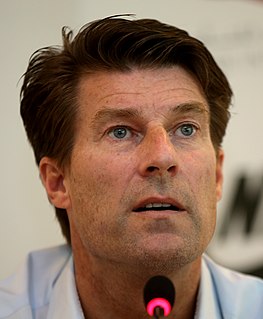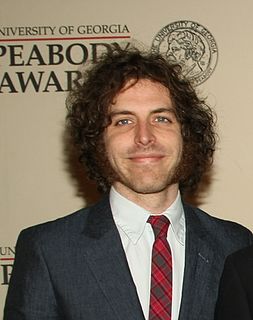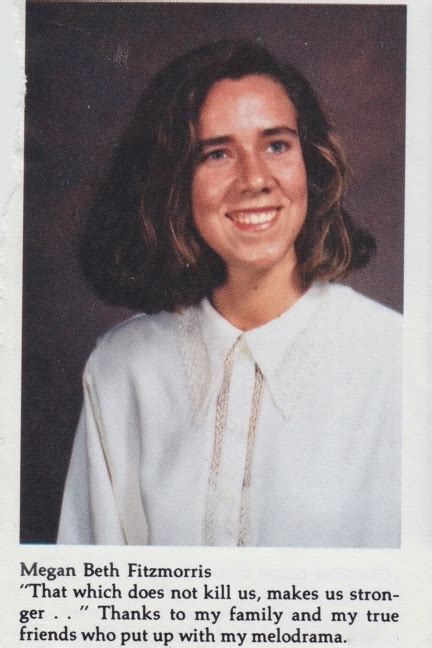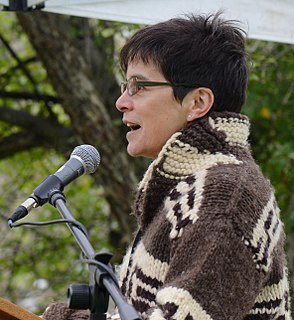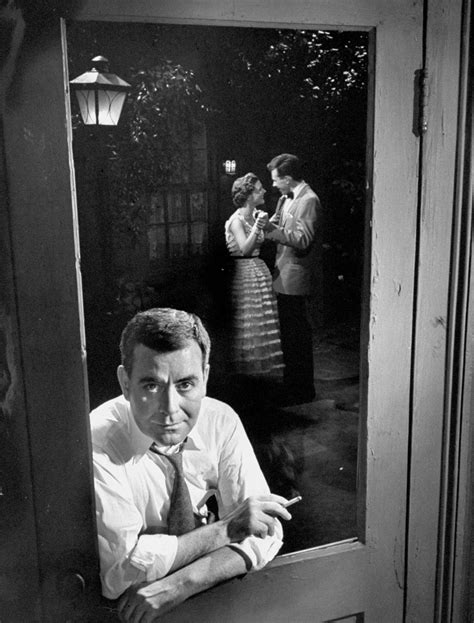A Quote by Michael Laudrup
If you are always talking about the past, then you don't really have much in the present.
Related Quotes
My past was always there. And I always understood that I was adopted. It wasn't like a massive issue to me. But identity was an issue. I knew that I was Indian, but I didn't really know much about myself, really. I mean, I really disassociated myself from what happened in the past to present. But, it was affecting in regards to identity.
We human beings have enormous difficulty in focusing on the present; we always thinking about what we did, about how we could have done it better.... or else we think about the future, about what we're going to do.... But at this precise moment, you also realize that you can change your future by bringing the past into the present. Past and future only exist in our mind. The present moment, though, is outside of time, it's Eternity.... It isn't what you did in the past the will affect the present. It's what you do in the present that will redeem the past and thereby change the future.
Marriage is an effort to legalize love. It is out of fear. It is thinking about the future, about the tomorrows. Man always thinks of the past and the future, and because of this constant thinking about past and future, he destroys the present. And the present is the only reality there is. One has to live in the present. The past has to die and has to be allowed to die.
Originally the structure was . . . a modern narrator who would appear intermittently and talk about his memories of his grandmother, which would then be juxtaposed against scenes from the past. But the stories from the past were always more interesting that the things in the present. I find this almost endemic to modern plays that veer between past and present. . . . So as we've gone on developing GOLDEN CHILD, the scenes from the past have become more dominant, and all that remains of the present are these two little bookends that frame the action.
We learn in the past, but we are not the result of that. We suffered in the past, loved in the past, cried and laughed in the past, but that's of no use to the present. The present has its challenges, its good and bad side. We can neither blame nor be grateful to the past for what is happening now. Each new experience of love has nothing whatsoever to do with past experiences. It's always new.
When we talk about the UN, what are we really talking about? We are talking about my country, your country, other countries and their collective will to stand together and apply pressure or offer incentives to steer things in the right direction. When the nations of the world come together, with collective will, on an issue and they speak with a united voice, they have a much greater impact. When there is division, then the impact is much, much less.
